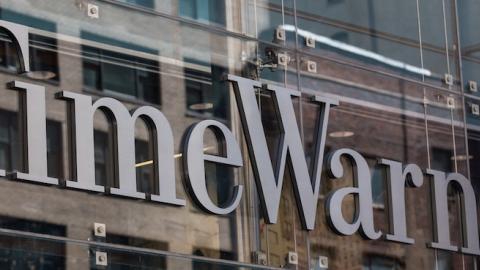In May of 2015, Charter Communications announced the acquisition of Time Warner Cable and Bright House Networks. The cable operators do not have overlapping systems, and many observers thought the proposal would be quietly and quickly approved.
Eleven months later, the deal has yet to be approved, quietly or not. The problem does not appear to be the potential for anticompetitive behavior. If that were the case, federal antitrust authorities would likely have challenged the proposed merger by now.
The Department of Justice and the Federal Trade Commission employ hundreds of professional staff to ensure that America’s antitrust laws are promoted and enforced. That includes reviewing hundreds of proposed mergers each year and challenging those that would violate federal law.
Federal antitrust law as it applies to mergers and acquisitions is predictable and widely perceived as efficient. Antitrust practitioners can give a reasoned assessment of the likelihood that a proposed merger, such as that involving Charter Communications, will or will not be approved and the time frame for such federal review. The antitrust agencies control information with documents kept securely outside of public view. Potential remedies are narrow and squarely within the law.
Over the past many weeks, news stories describe how the Charter, Time Warner, and Bright House merger is about to be approved. But it has not been so far.
It does not appear that the delay in the review is from the antitrust authorities. Rather, the delay appears to be from review of the merger at the Federal Communications Commission, an agency without specific antitrust authority. Indeed, the FCC is so cavalier about its merger review authority that it operates with few formal rules in this area, no doubt because there would be little statutory foundation for formal rules.
You may wonder why the FCC reviews mergers without specific authority when two other federal agencies have specific statutory authority to review mergers. There are many explanations. First, no one has seriously challenged the FCC’s merger-review turf. It is difficult for a business regulated by the FCC to claim it lacks legal authority on almost any topic. Congress rather likes independent agencies such as the FCC. And the courts are kept busy enough trying to square the FCC’s many adventurous rulemakings without worrying about its informal merger review practice.
Second, the FCC’s asserted merger review authority is a useful complement to the legitimate antitrust authority of the Department of Justice and the Federal Trade Commission. Because the FCC asserts that it affirmatively must approve a merger, it is much easier to block a merger or impose conditions at the FCC than at the Department of Justice or Federal Trade Commission. With a wink and a nod, the FCC can do the dirty work that the DoJ would rather not.
It is an effective informal process that is not reviewable by courts. For a merger to even be considered by the FCC, the merging parties, after meeting with the FCC behind closed doors, must agree to “volunteer” to certain conditions, thereby losing their ability to appeal the decision in court.
All of which brings us back to Charter, Time Warner, and Bright House. The FCC has a formal docket on the matter, 15-149. There, one can examine the more than 169,000 public comments, mostly a few sentence fragments from ordinary Americans concerned about the merger.
Some of the public comments ask for conditions that would benefit those asking for conditions. Many of these and other public comments are tawdry and self-serving. The merging parties are asked to comply with company-specific conditions that have nothing to do with the proposed merger but which would enrich third parties. One could easily imagine this as part of a Kafka play rather than the reality of a federal agency.
The FCC should get out of the business of reviewing mergers and leave that process to the federal agencies unambiguously assigned that responsibility. If it won’t get out of merger review business, it should establish formal rules reviewable by courts through a formal rulemaking with ironclad deadlines.
None of this would help companies with mergers currently pending before the FCC. But it might help the next set of companies that want to have a proposed merger reviewed consistent with the law.














